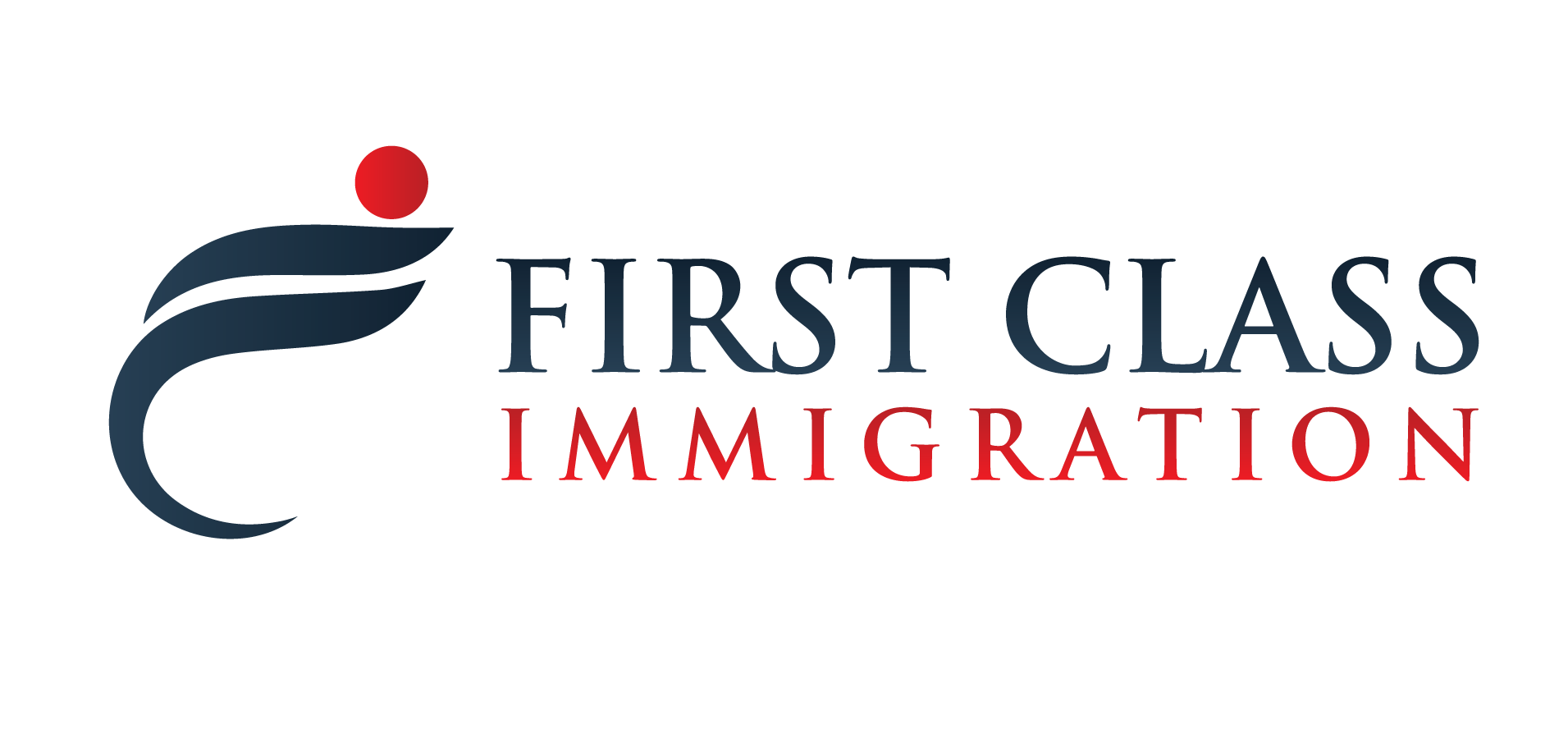Public Charge Update
NOTE: This blog post is over one year old. Information may be out of date.
On January 27, 2020 the U.S. Supreme Court lifted a nationwide injunction blocking the Department of Homeland Security’s new Public Charge Final Rule. U.S. Citizenship and Immigration Services has announced that this new rule will be implemented on February 24, 2020. This rule change presents a significant new burden for the vast majority of green card applicants, shifting attention away from petitioner/sponsor income and redirecting it to the applicant. Most green card applications will now require an accompanying Form I-944, Declaration of Self-Sufficiency, which inquires about the intending immigrant’s assets, financial status, and education, as well as any liabilities such as loans, credit card debt, or unpaid taxes. Further, DHS has expanded the list of designated programs that can be considered when applying the public charge “totality of circumstances” test.
The “public charge” concept, introduced in the Immigration Act of 1882, allows the United States government to deny a U.S. visa to anyone “unable to take care of himself or herself without becoming a public charge” (22 Stat. 214; 8 U.S.C.). Under the Final Rule, DHS dramatically expands the definition of public charge, allowing adjudicators to deny a U.S. visa to applicants who are judged to be “more likely than not” to use certain public benefits at any point in the future. The public charge rule will not apply to visa applicants exempt from the public charge test, such as refugees, asylees, individuals who have experienced domestic violence, and other special categories. A denial based on the public charge ground would be triggered if an applicant has received one or more of the following public benefits for more than 12 months within any 36-month period:
Supplemental Security Income (SSI)
Temporary Assistance for Needy Families (TANF)
Any other state, federal, or local cash benefit programs
Supplemental Nutrition Assistance Program (SNAP, or food stamps)
Section 8 Housing Assistance under the Housing Choice Voucher Program
Section 8 Project-Based Rental Assistance
Medicaid
Public Housing under Section 9 of the U.S. Housing Act of 1937
DHS will not penalize applicants for use of the following benefits:
Emergency Medicaid
Services provided under the Individuals with Disabilities Education Act
School-based services
Benefits received by individuals under age 21
Benefits received by pregnant women
Benefits received by military families
Receipt or approval to receive one or more of the above-listed public benefits is considered a heavily weighted negative factor (8 CFR § 212.22(c)(1)(ii)). Heavily weighted negative factors are more likely to result in a public charge determination.
Under the new rule, adjudicators will consider a variety of factors outlined in the statute to determine an applicant’s likelihood of becoming a public charge at any time in the future based on the “totality of the circumstances.” Factors include:
Age: Adjudicators will consider whether the applicant’s age will affect his or her ability to work. Ages 18 to 61 are viewed as positive, as DHS considers this the normal employable age.
Health: U.S. visas may be denied to applicants with a medical condition that impacts his or her ability to care for his or herself, to attend school, or to work upon admission. Applicants who have such a condition must provide evidence that they have private health insurance or the financial resources to pay for reasonably foreseeable medical costs. DHS considers this a heavily weighted factor (8 CFR § 212.22(c)(1)(ii)).
Family Status: DHS views larger households as more likely to receive public benefits. As with Form I-864, Affidavit of Support, the larger the family size, the more income the applicant will need to establish.
Income: Under the Final Rule, the applicant will need to establish a household income at or above 125% of the Federal Poverty Guidelines (FPG). While DHS previously considered evidence of the sponsor/petitioner’s financial resources adequate to indicate that the applicant will not become dependent on public benefits, this is no longer the case. Under the new rule, any case requiring a joint sponsor will be seriously problematic.
Assets/Resources: If the applicant cannot provide evidence to demonstrate an income at or above 125% of the FPG, adjudicators may consider assets to make up for the deficit. For spouses and adult children of a US citizen, assets must equal 3x the difference. For all other applicants, the value of assets must equal 5x the shortfall.
Financial Status: Adjudicators will consider the applicants financial liabilities such as loans, mortgages, unpaid child or spousal support, unpaid taxes, or credit card debt. Applicants will also need to provide details concerning their credit history. Applicants residing and working abroad will likely not have a U.S. credit report, which is fine. DHS will primarily look for negative factors such as bankruptcies, liens, or other derogatory credit events.
Education/Skills: Form I-944 requires information regarding the applicant’s education and occupational skills, including English language proficiency. DHS will use this information to determine whether the applicant has “adequate education and skills to either obtain or maintain employment.” It is considered a heavily weighted negative factor if an applicant is unable to demonstrate current employment, recent employment history, or a reasonable prospect of future employment (8 CFR § 212.22(c)(1)(i)).
We will continue to post updates about these ongoing changes as more information is announced. Keep checking our Public Charge Database for resources, reports, and news, and as always, reach out to our office with any questions or concerns.
